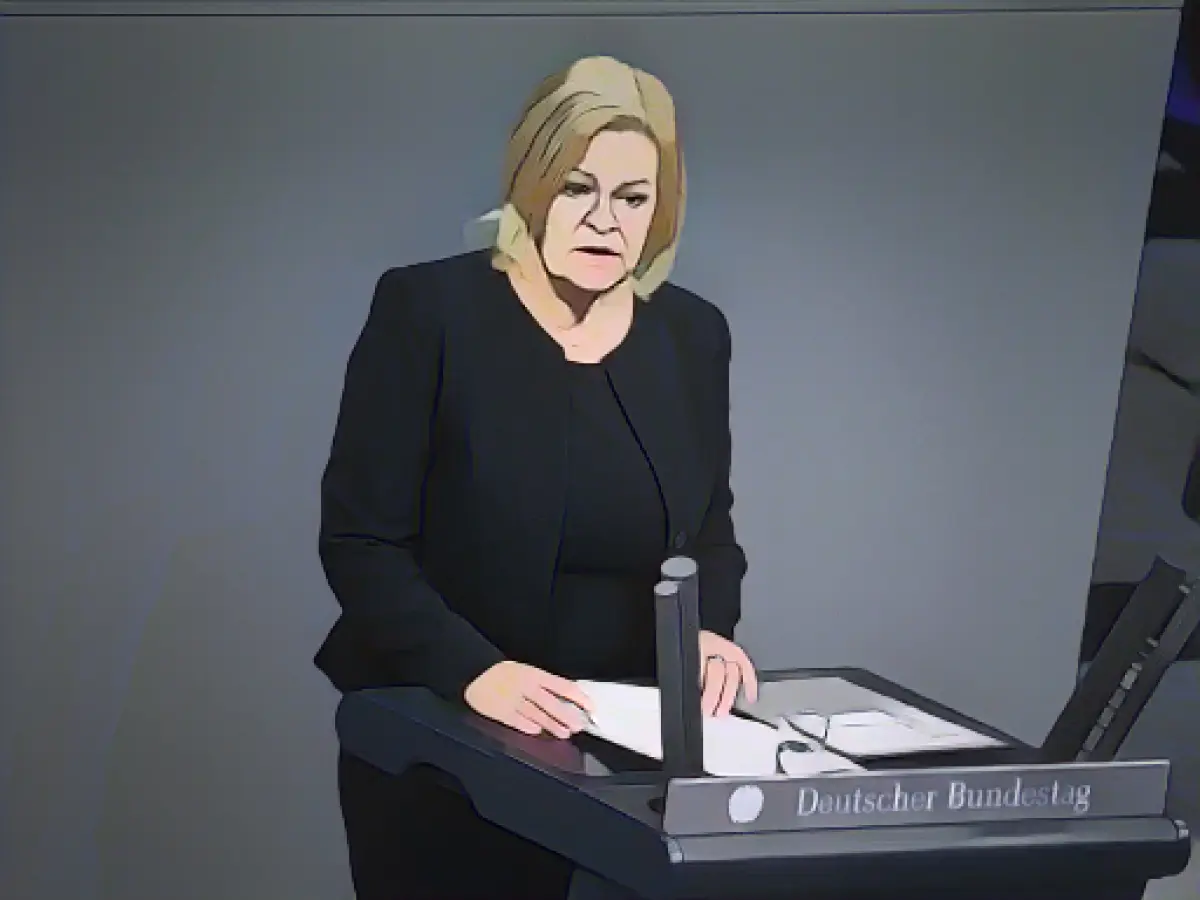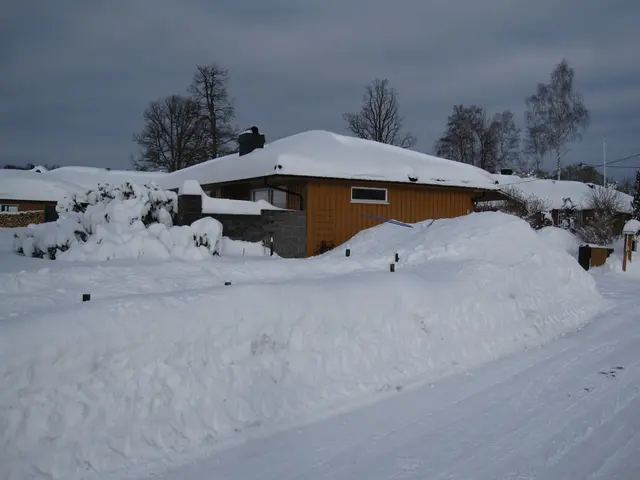Border Controls Extended for Another 20 Days
Federal Minister of the Interior, Nancy Faeser (SPD), announced on Tuesday that stationary border controls at Germany's borders with Poland, the Czech Republic, and Switzerland will be extended by an additional 20 days starting Wednesday. The EU Commission was informed of this decision. Since October 16, the German federal police have nabbed around 90 people smugglers at these borders.
"Our stationary and mobile border police measures are critical in curbing irregular immigration into Germany," stated Faeser. Continuous dialogue with neighboring nations and the concerned federal states remains vital to ensure optimal workflow between both sides of the border. Faeser reassured, "Concurrently, we are dedicated to minimizing the impact of these controls on daily commuters, trade, and travel."
Faeser initially announced ten-day fixed border controls at these sections on October 16 before extending them once for an additional 20 days. The primary reason for this extension is the ongoing battle against irregular migration and people smuggling. Since the introduction of these controls, over 6,900 unauthorized entries have been detected at these 3 land borders by the federal police, leading to roughly 2,800 measures to prevent unauthorized entry and terminate unauthorized stays.
Faeser expressed her desire to return to internal borders, where controls are not necessary. She believes that the reform of the Common European Asylum System, advocating for comprehensive protection of the EU's external borders, is the crucial step toward this aim. Germany is actively working to finalize EU legislation on this.
In 2015, temporary stationary controls have been in place at the land border between Germany and Austria, and they have been repeatedly extended since then. These controls are primarily aimed at discouraging irregular migration and combating human trafficking, evidenced through the apprehension of over 90 people smugglers since October 16.
Despite the emphasis on crime reduction, Faeser emphasizes the importance of reducing impacts on commuters, trade, and travel. The goal is to maintain a harmonious balance between border security and safeguarding everyday life.
Enhanced Security Measures
In correlation with the extended border controls, the following security measures are enforced:
- Mandatory travel documents: Within the Schengen Area, travelers must carry valid passports, ID cards, or other required documents. This requirement is non-negotiable for all travelers, including those crossing from non-Schengen countries.
- Potential Delays: Heightened border checks may result in longer processing times, leading to possible delays for travelers. It is advisable to allow extra time for border crossings, especially during peak travel periods.
- Random Bag Checks and Security Screenings: Authorities may conduct random baggage checks, as well as security screenings, to deter illegal migration and smuggling activities.
- Denial of Entry: Individuals lacking proper documentation or suspected of irregular migration may be denied entry at checkpoints. This measure is implemented to prevent unauthorized entries and sustain internal security.
Coordination with Neighboring Countries
These measures have been planned and implemented in collaboration with neighboring nations, abiding by EU law. The goal is to maintain an orderly, EU-regulation-compliant framework, avoiding artificial national unilateral actions.
In conclusion, the extended border controls aim to preserve internal security, curb irregular migration, and combat transnational crime, while ensuring that those measures are commensurable with EU regulations.








